Fish kill on Webber Pond appears to be tied to parasite
by Roland D. Hallee
VASSALBORO, ME — Over the past couple of weeks there has been a noticeable fish kill on Webber Pond, in Vassalboro. On the east shore of the cove, dozens of dead largemouth bass have been washing ashore. The question that has been asked is why only largemouth bass have been affected.
Fish kills have occurred before on Webber Pond, and also on China Lake, but it usually affects all species of fish, and not one in particular.
Jason Seiders, resource supervisor for the Maine Department of Inland Fisheries and Wildlife provided some information on the subject. There has been ongoing work relating to the fish kill. The occurrence appears to be pond-wide, and not just the east shore.
Seiders says, “our staff has visited the pond multiple times to collect water quality information and to collect specimens for our fish pathologist. The ultimate cause of fish mortality appears to be high levels of parasitization by a protozoan called Chilodonella.” (Chilodonella uncinata is a single-celled organism that affects the gills and skin of fresh water fish, and may act as a facultative parasite of mosquito larva). “Chilodonella is found throughout Maine and is usually relatively benign to fishes,” Seiders adds, “unless the fish have undergone elevated levels of stress. Stress acts as an immunosuppressor to fish, and the causes of stress include a wide variety of issues.”
Seiders went on to say that since this event seems to involve almost exclusively adult largemouth bass, it is unlikely to be anything related to a discharge or point source of pollution. Those types of events would typically kill indiscriminately, not just one life stage of one species. Some likely causes of stress to adult largemouth bass in Webber Pond include: high fish numbers, rapid changes in water temperature or dissolved oxygen levels, and spawn and pre-spawn stress. The actual cause of the initial stress may never be known.
“I realize that an event such as this is disturbing. Fish kills like this are not uncommon for central Maine waters; this one is quite similar to one experienced in the Cobbosseecontee drainage a few years ago,” he explained.
For more information on fish kills, read the blog article written by the IF&W fish pathologist back in 2020, at https://www.maine.gov/ifw/blogs/mdifw-blog/when-be-concerned-about-finding-dead-fish-maines-lakes-ponds-and-rivers-summer.
According to Seiders, Webber Pond is a very productive warm water fishery, one that has often been called a “bass factory”. Webber Pond provides outstanding habitat for warm water fishes such as largemouth bass, which will likely speed along any recovery to the population.
While numerous bass have perished during this event at Webber, this will not cause the entire population to be wiped out. Animals that feed on the bass will be unharmed because the identified protozoan is harmless to wildlife. The IF&W staff will continue to monitor Webber Pond to assess potential impacts to the bass population in the short and long term.
If you have any additional questions or concerns, contact Seiders directly and he’ll help as best he can. He can be contacted at Dwayne.J.Seiders@maine.gov.



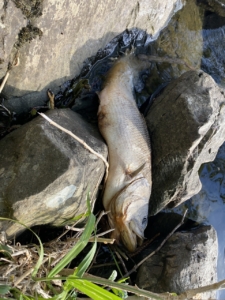
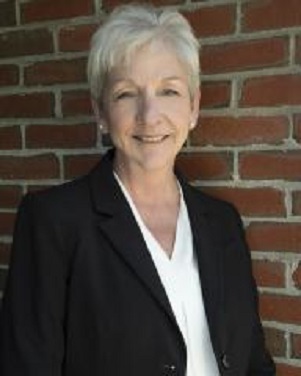

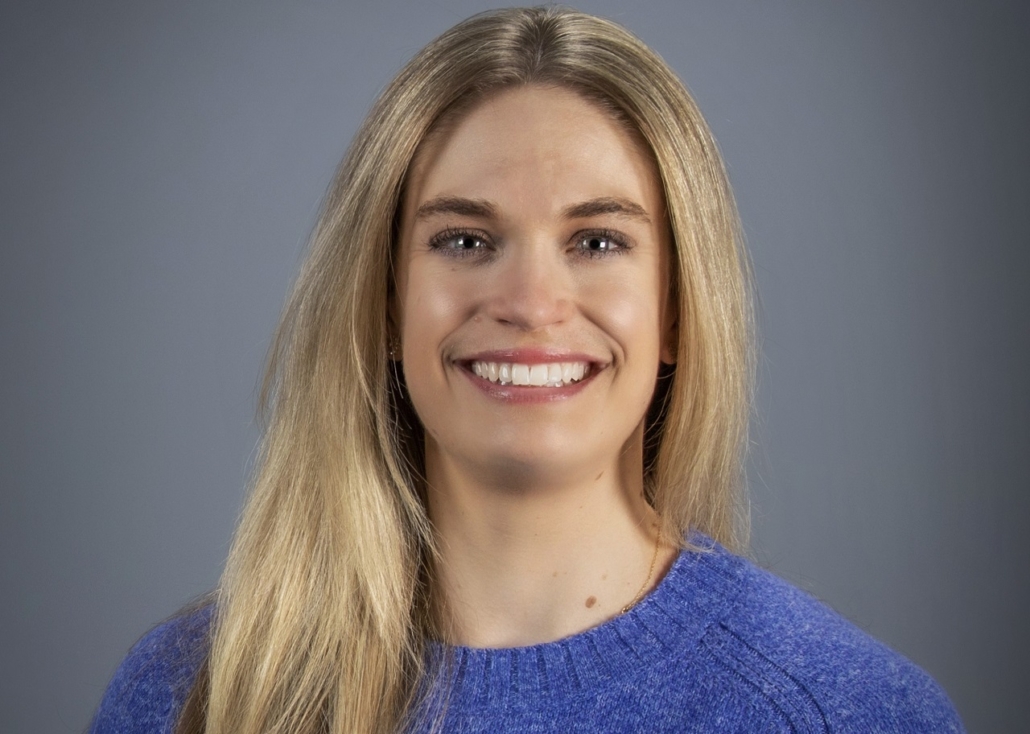
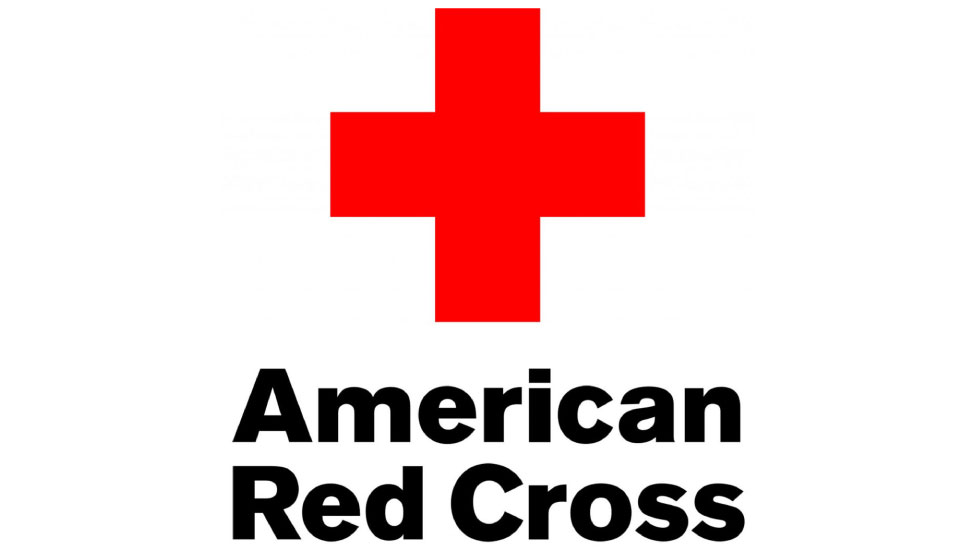 When schools let out for summer and families set off on vacation, the American Red Cross typically sees a decline in donors, which can impact patient care. It’s critically important that donors make an appointment to give now before heading out for summer activities to help maintain a stable blood supply in the coming months.
When schools let out for summer and families set off on vacation, the American Red Cross typically sees a decline in donors, which can impact patient care. It’s critically important that donors make an appointment to give now before heading out for summer activities to help maintain a stable blood supply in the coming months.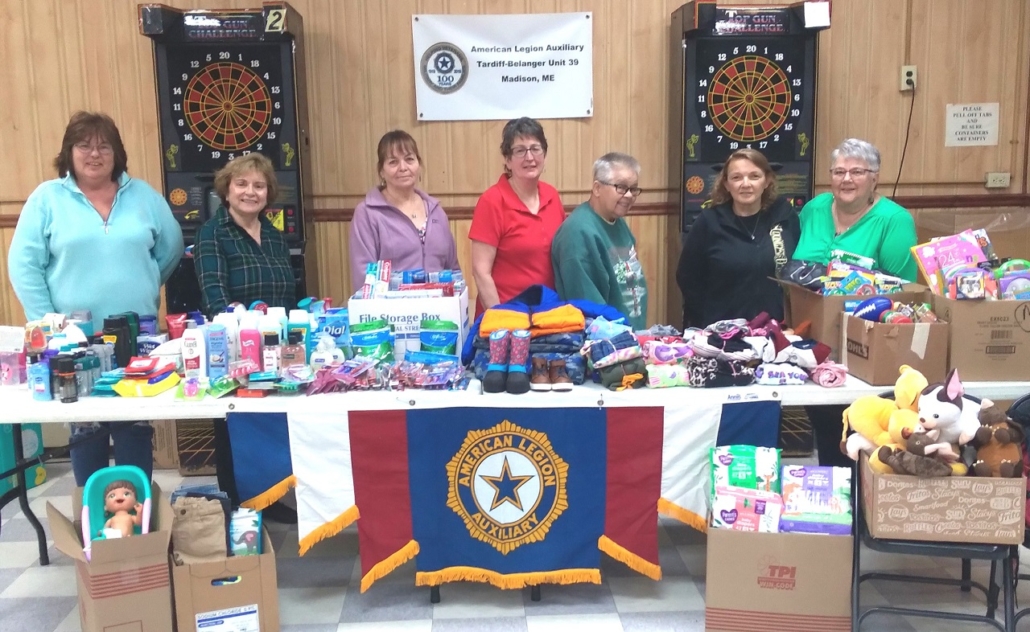
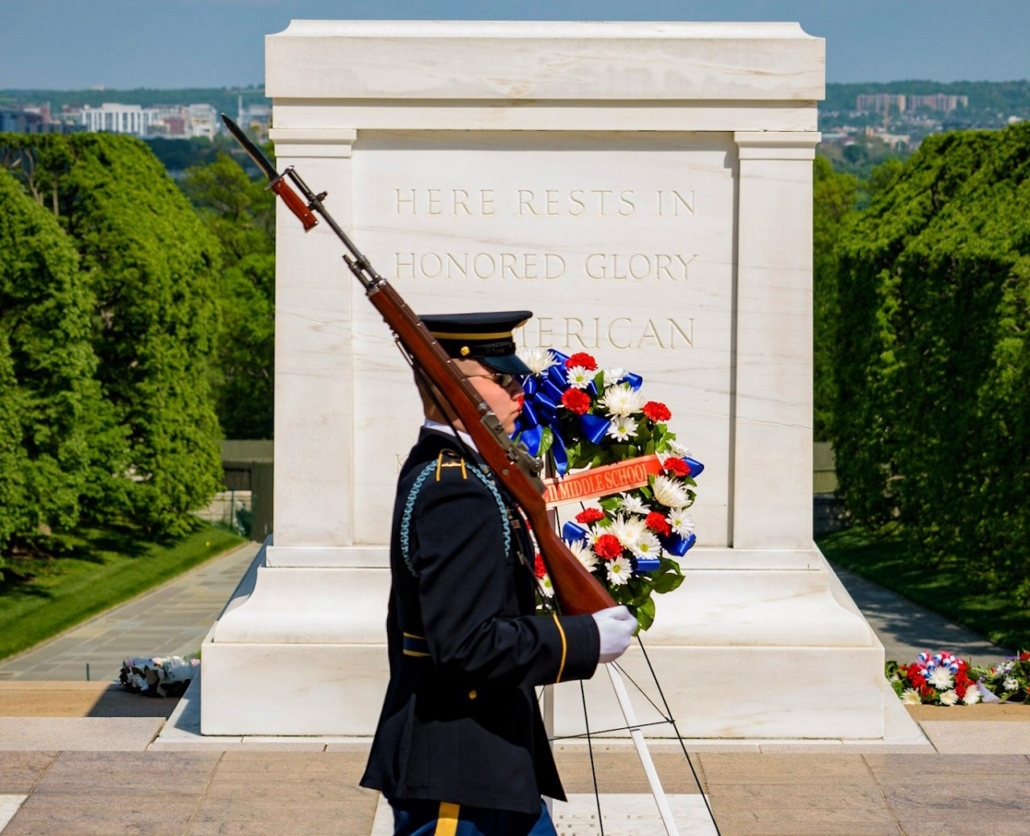

 Come one and all to the first annual Local Farms Day at the Albert Church Brown Memorial Library at 37 Main St. in China Village. Attendees will view displays of goods of area farmers and producers with items also for sale. This family friendly event will be held on Saturday, May 14, from 10 a.m. to 2 p.m. Displays will be indoors and out. There will be door prizes and giveaways. Children will enjoy some activities including a story and craft time at 11 a.m. We will also be accepting seed donations to build up our Seed Sharing Library.
Come one and all to the first annual Local Farms Day at the Albert Church Brown Memorial Library at 37 Main St. in China Village. Attendees will view displays of goods of area farmers and producers with items also for sale. This family friendly event will be held on Saturday, May 14, from 10 a.m. to 2 p.m. Displays will be indoors and out. There will be door prizes and giveaways. Children will enjoy some activities including a story and craft time at 11 a.m. We will also be accepting seed donations to build up our Seed Sharing Library. Members of American Legion Auxiliary (ALA) Unit #39, Madison will be distributing bright red poppies in exchange for a donation throughout the month of May. The Flanders Fields poppy has become an internationally known and recognized symbol of the lives sacrificed in war and the hope that none died in vain. The American Legion Family called upon Congress to proclaim the Friday before Memorial Day as National Poppy Day, which was officially designated as such in 2017.
Members of American Legion Auxiliary (ALA) Unit #39, Madison will be distributing bright red poppies in exchange for a donation throughout the month of May. The Flanders Fields poppy has become an internationally known and recognized symbol of the lives sacrificed in war and the hope that none died in vain. The American Legion Family called upon Congress to proclaim the Friday before Memorial Day as National Poppy Day, which was officially designated as such in 2017.